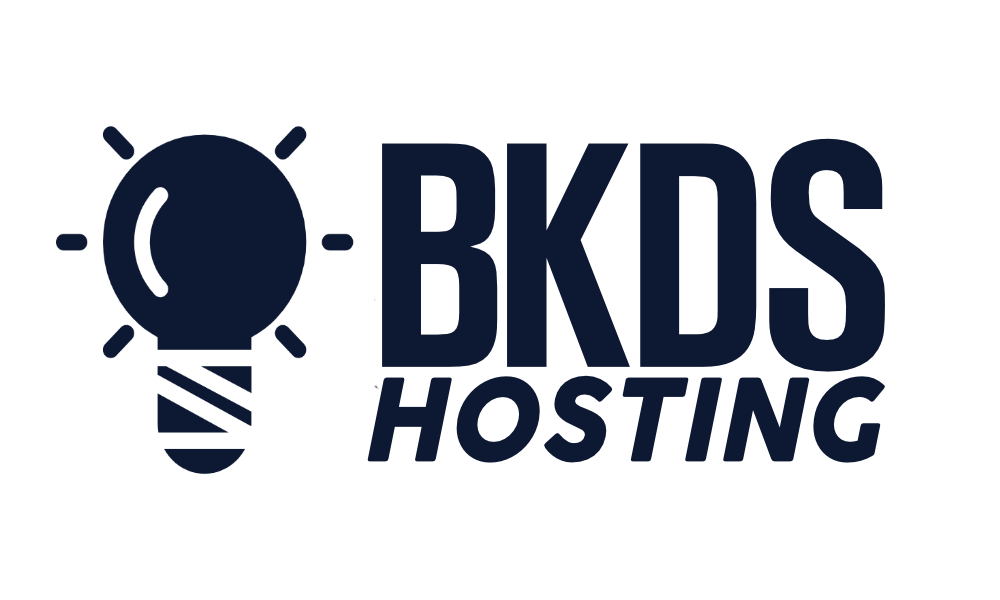In today's digital-centric business landscape, the reliability of a website can significantly impact a small business's success or failure. Given the ever-evolving complexity of cyber threats, ensuring website security has become an indispensable part of maintaining online operations. This guide is designed to provide small businesses with an understanding of the risks involved, as well as actionable strategies for securing their websites. As we proceed, we will uncover the importance of website reliability, explore the best practices for securing your digital presence, and discuss the role of cyber security in today's business environment. The journey towards a secure website is paramount, and we invite you to join us as we navigate this critical aspect of modern business operations.
Understanding Website Reliability Importance

In the realm of digital business, understanding the importance of website reliability is crucial as it forms the cornerstone of customer trust, brand reputation, and overall online presence. For small business owners, an unreliable website can severely impact the trustworthiness of their brand, potentially driving customers away.
Website reliability extends beyond a site's uptime, it also encompasses website security. Small businesses often become targets due to perceived vulnerabilities. Common security threats include malware, phishing, and DDoS attacks. These threats not only risk data breaches but can also lead to significant downtime, further undermining customer confidence.
Business owners should, therefore, employ robust web security measures. One effective method is the use of a web application firewall (WAF). A WAF can help protect against common security risks by identifying and blocking malicious traffic. Additionally, SSL Certificates are essential to ensure data transferred between the business website and its users is encrypted and secure.
Choosing the Right Website Hosting
Navigating the myriad of website hosting options can be daunting, yet it is a critical step for small businesses seeking a robust, secure, and reliable online presence. The right web host can significantly impact your website's security, search engine ranking, and consequently, your digital marketing efforts.
When choosing a hosting provider, prioritize those who offer advanced security features such as Web Application Firewalls (WAF) and DDoS protection. This ensures the robust security of your business websites against malicious threats. Established web hosts like Bluehost and GoDaddy often provide customizable security options.
In addition, consider the host's reputation in terms of protecting websites from security threats. Check for regular backups and updates, which are key in maintaining a secure and reliable web presence. Review customer testimonials for insights into the host's reliability.
Lastly, scalability is vital. The chosen host should offer scalable options that can accommodate the growth of your online business, ensuring a continually reliable and smooth user experience. As your business expands, so too will the demand for your website, making the need for a scalable hosting solution paramount. In this digital age, a reliable and secure website is not just an asset, but a necessity.
Tips for Ensuring Website Uptime

Maintaining optimal website uptime is of paramount importance for small businesses, and this can be achieved by regularly updating the website's security measures to meet current standards. In an era of rampant cyber threats, it's critical to make your website resilient to unauthorized access, which can lead to devastating data breaches.
Here are some best practices to ensure the reliability of your ecommerce store:
- Regular Updates: The security system of your website must receive regular updates. This will help patch vulnerabilities and improve overall security.
- Automatic Backups: Automated backups should be part of your strategy. This ensures quick recovery in case of a security incident.
- Multi-Factor Authentication (MFA): Implementing MFA can significantly boost your site's security by adding an additional layer of protection.
- Proactive Monitoring: Regularly monitor your site for any signs of intrusion. Early detection is key to preventing significant damage.
Preventing Downtime With Regular Maintenance
Building on the foundation of resilient security measures, regular maintenance of your website is another critical aspect to prevent downtime and ensure continuous operation. This process involves an array of activities primarily aimed at protecting your data, updating software, and ensuring your business's online presence remains uninterrupted.
Implementing strict access controls, regular vulnerability testing, and updates is a proven method to secure data and website content. By training your team to understand the specific areas that are vulnerable to security events, you make your online presence more robust. The integration of multi-factor authentication further strengthens access controls, making it a formidable task for unauthorized individuals to gain access.
Regular updates to software are crucial in maintaining the security and stability of your online presence. This includes timely patching, which protects your data from emerging threats. Regularly updating your security measures also keeps you informed about these threats, allowing you to proactively protect your business online.
Utilizing a content delivery network (CDN) and web application firewall enhances your website's resistance to DDoS attacks, ensuring your website's content remains available and your online business operates without interruptions. Regular website maintenance, therefore, is essential for preventing downtime and securing website reliability.
Responding to Website Reliability Issues

When confronted with website reliability issues, it is crucial to have a systematic approach for monitoring performance, addressing security breaches, updating software, and implementing backup and recovery procedures. Businesses must be ready with a robust response plan when their website becomes compromised. This necessity underscores the need to recognize potential threats and adhere strictly to a well-defined security policy.
- Timely Monitoring: Businesses need to find innovative ways to ensure 24/7 monitoring of their website performance, identifying issues before they escalate.
- Security Breach Response: A systematic process to secure sensitive data and prevent unauthorized parties from gaining access is essential when a breach occurs.
- Software Updates: Regular updates and patches to website software are not a luxury – they are a necessity to keep the website safe from new threats.
- Backup and Recovery: In the event of data loss or a severe security incident, a reliable backup and recovery system becomes your business's lifeline.
The combination of these four aspects constitutes a comprehensive approach to dealing with website reliability issues. By addressing these areas, small businesses can ensure the continuous availability and security of their online presence, maintaining the trust and loyalty of their customers.
Conclusion
In conclusion, website reliability is an essential component of a successful small business. Adopting secure hosting options, ensuring uptime, preventing downtime with regular maintenance, and responding promptly to reliability issues can significantly enhance the security posture. Multi-factor authentication and a comprehensive understanding of cybersecurity further fortify the reliability of a small business website. Therefore, a robust focus on these aspects can ensure a secure and reliable web presence for small businesses.

